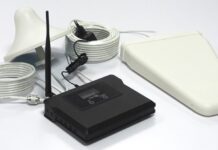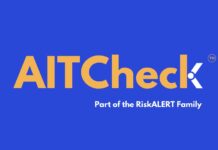The Department of Telecommunications (DoT) is likely to allow spectrum sharing among 3G players. Earlier, the department had stated that it would exclude 3G airwaves in the proposed spectrum sharing policy.
The DoT’s move to reconsider its stand on the issue has come in the wake of a technical committee pointing out that since spectrum and licences have become technology agnostic, there is no point in banning a particular technology when it comes to sharing spectrum.
Under the new unified licensing regime, an operator is allowed to deploy any technology in a given spectrum band for the company has paid market-based price. For example, an operator holding spectrum in the 900 MHz need not restrict itself to offering 2G services rather it can provide 3G or 4G services using the same spectrum.
Earlier, DoT had banned sharing of 3G spectrum on the grounds that it would impact future auctions as players could enter into sharing arrangements instead of acquiring spectrum from the government. In fact, DoT had put forward similar argument to ban roaming agreements between 3G players.
However, a recent ruling by the Telecom Disputes Settlement Appellate Tribunal (TDSAT) lifted the ban on 3G roaming arrangements, stating that it would increase the gross revenue of the operators. Further, the tribunal stated that lifting the ban would ensure that the government, which receives share from the adjusted gross revenue of the licence holders, would be able to get a larger sum as licence fee.
Going forward, the TDSAT ruling, coupled with the proposed 3G spectrum sharing policy, would enable operators, including Bharti Airtel, Vodafone India and Idea Cellular, to offer 3G services across the country through spectrum sharing. The DoT is expected to come out with the final spectrum sharing policy once the Telecom Commission approves any fresh changes proposed by the department.




















